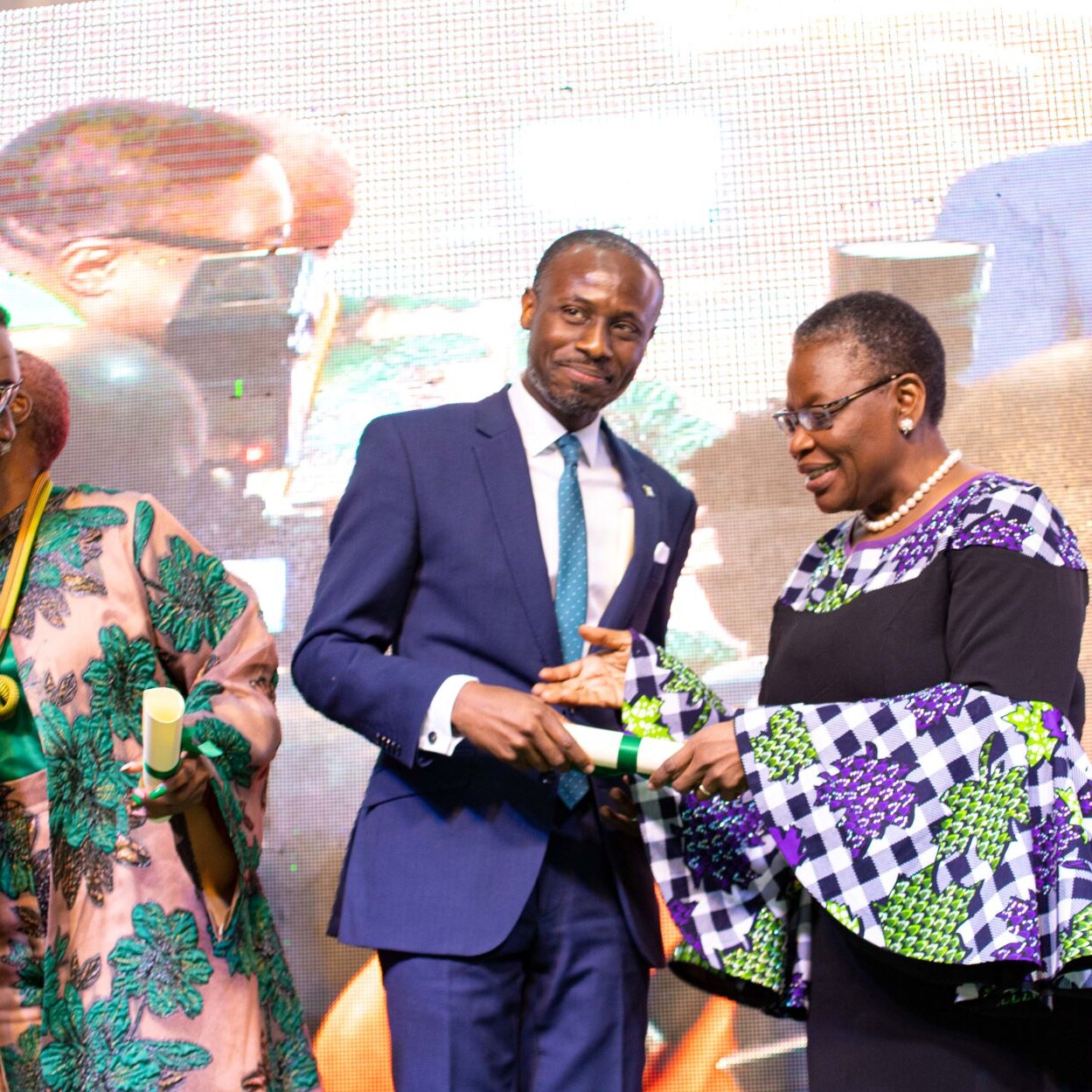Our Unconventional Model
Our courses are customized to fill the specific knowledge gap that political office holders in the country have been analytically evaluated to demonstrate
What makes the SPPG Unconventional?
The Certificate of Public Leadership and Policy is designed to be unconventional. How? The courses are customized to fill the specific knowledge gap that political office holders in the country have been analytically evaluated to demonstrate over the last two decades of the 4th Republic democracy. Evidence of these knowledge gaps abounds in Policy, Programs, and Expenditure Reviews produced by governments and development partners working across economic and social sectors at all levels of governance in Nigeria. The SPPG curriculum aims to fill these gaps so there is great diversity in the interdisciplinary range of topics in the program such as political science, ethics, leadership, economics, sector policies, institution building, and quantitative analysis.


Peer- to- Peer Assessment Model:
SPPG has an unconventional assessment model designed as a Group assessment. It is a Group Peer-to-Peer Evaluation model to support substantial learning and application of knowledge where classmates evaluate their peers over the entire duration of the program. This mode of assessment helps improve students’ understanding of course materials as well as their metacognitive skills.
The Capstone project
SPPG has an unconventional assessment model designed as a Group assessment. It is a Group Peer-to-Peer Evaluation model to support substantial learning and application of knowledge where classmates evaluate their peers over the entire duration of the program. This mode of assessment helps improve students’ understanding of course materials as well as their metacognitive skills.
Personal Manifesto
A term paper in which the student espouses her/his philosophy and vision for public office and the change they seek to make possible.
Community Project
Students work in Community of Practice groups of 15 or more to jointly design and deliver projects of importance to communities chosen by the students.
